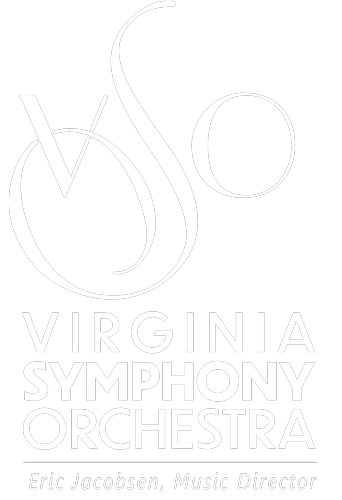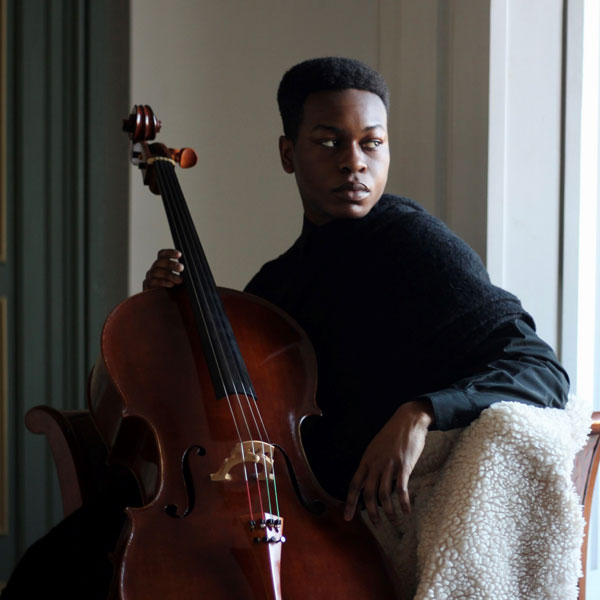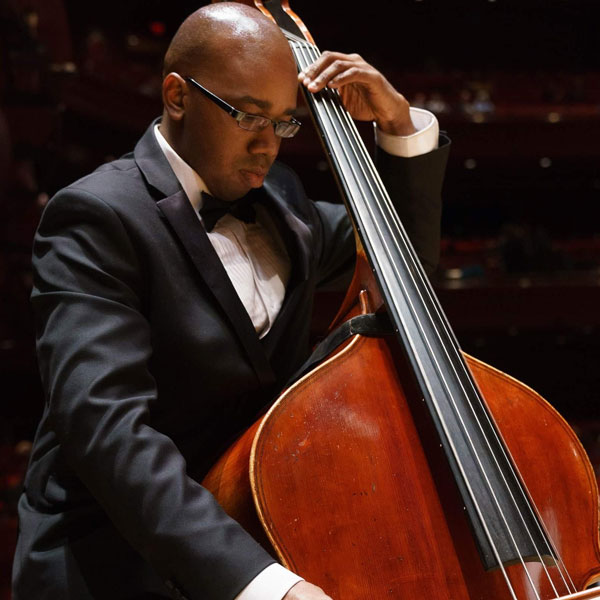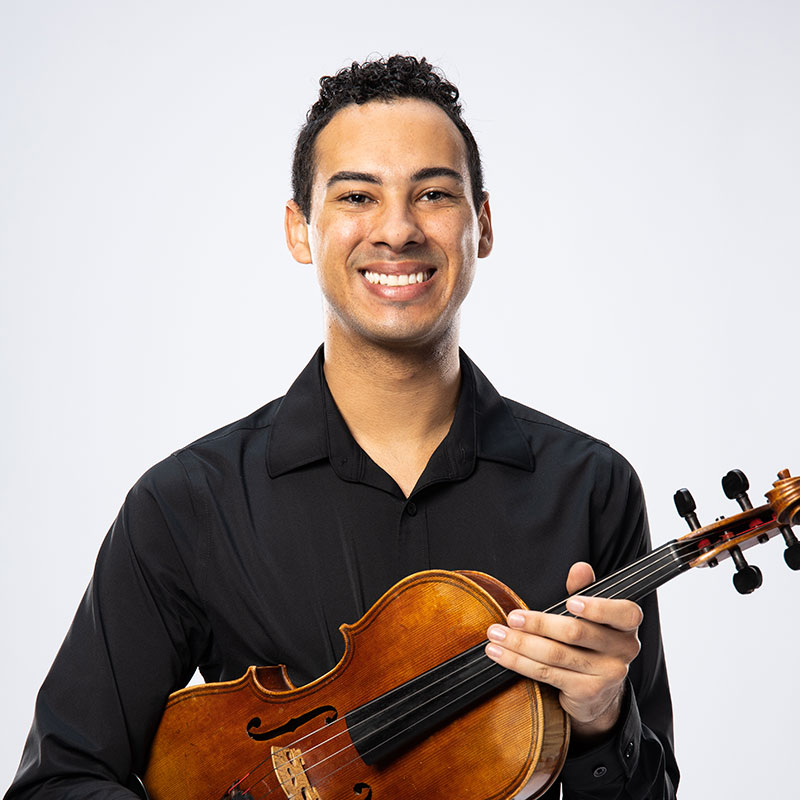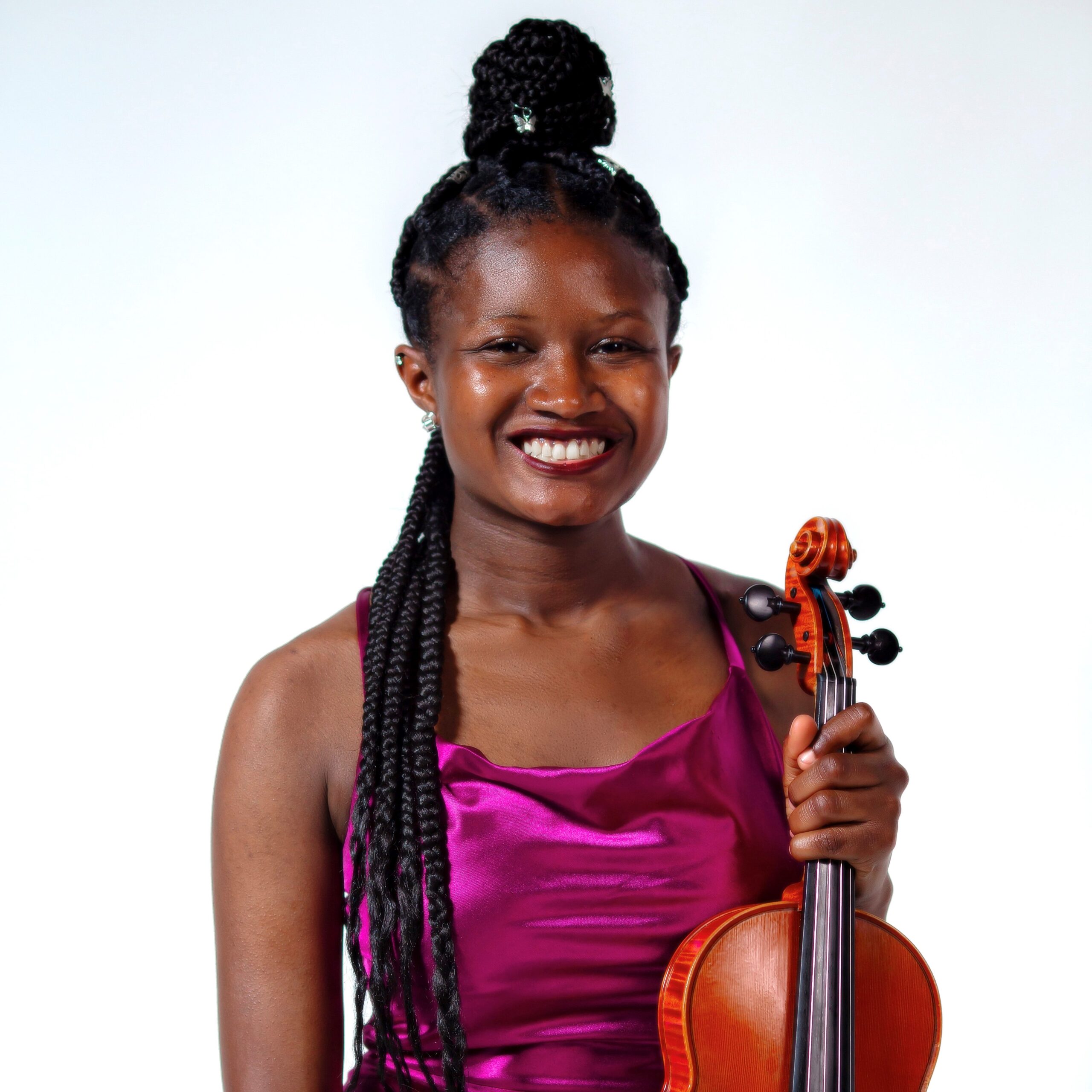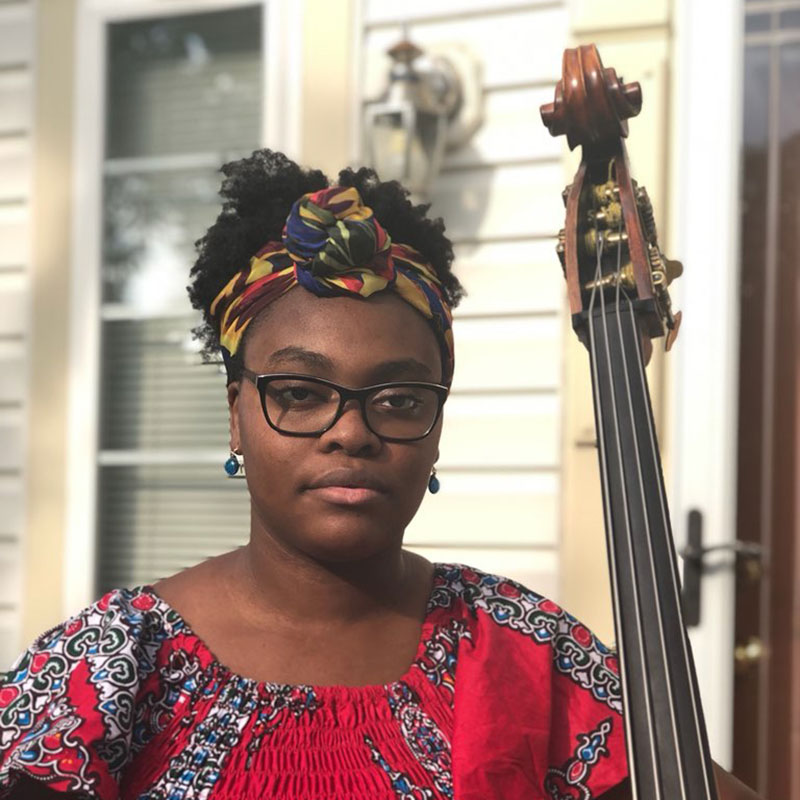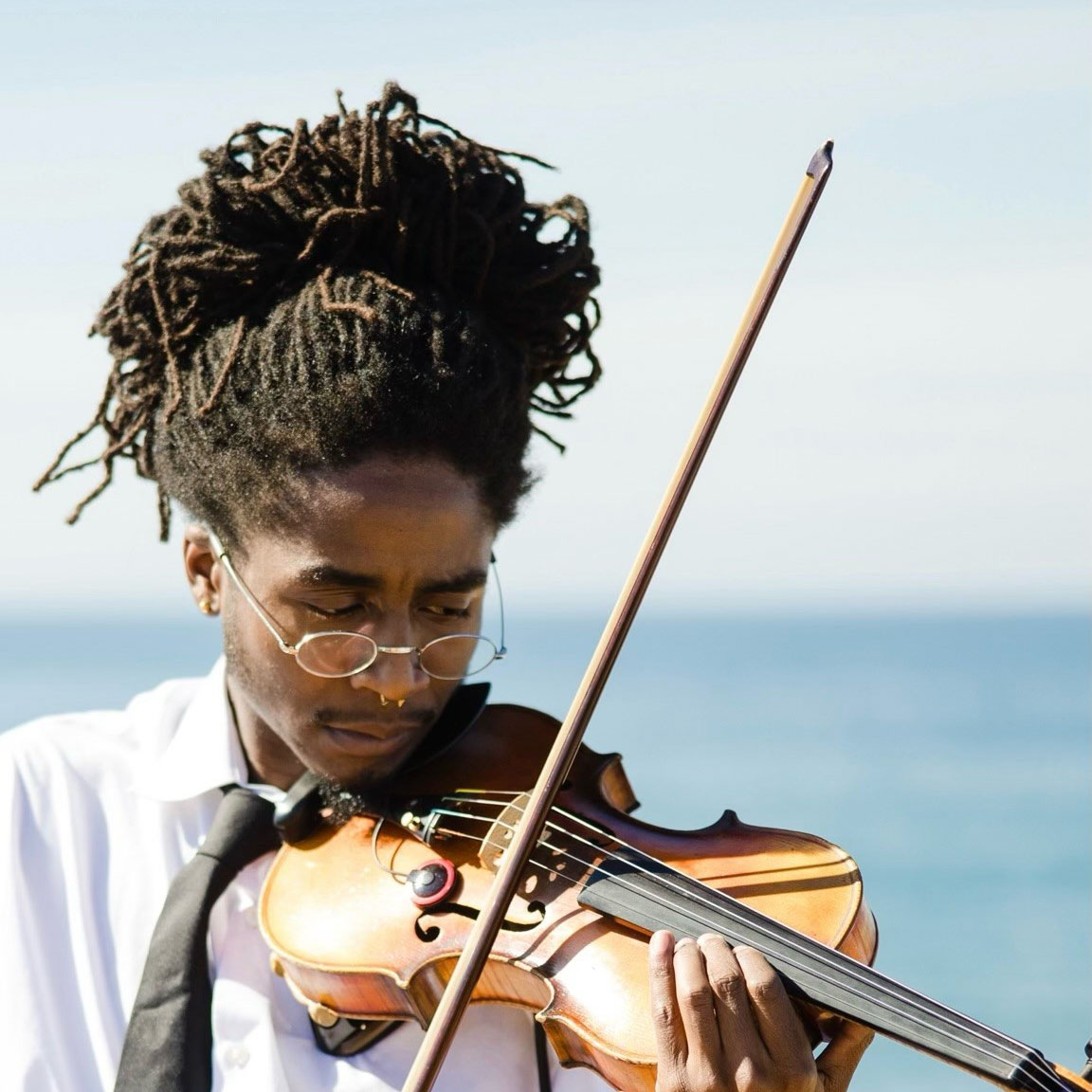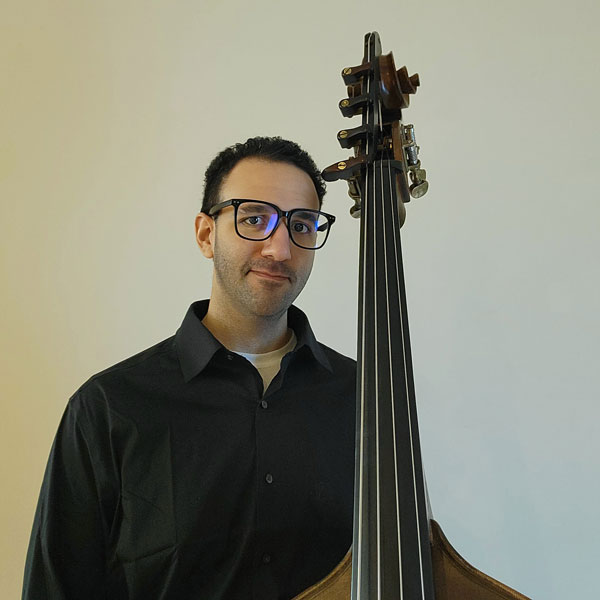What about the music?
An inside look with the Virginia Symphony Orchestra
Highlight: Romantic Meltdown
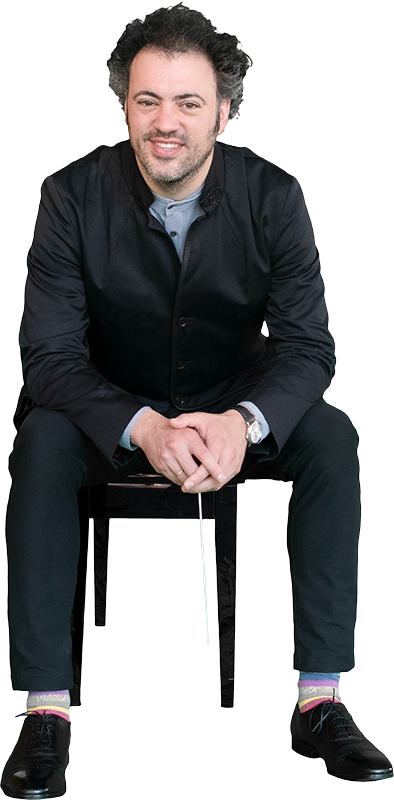
The Performers
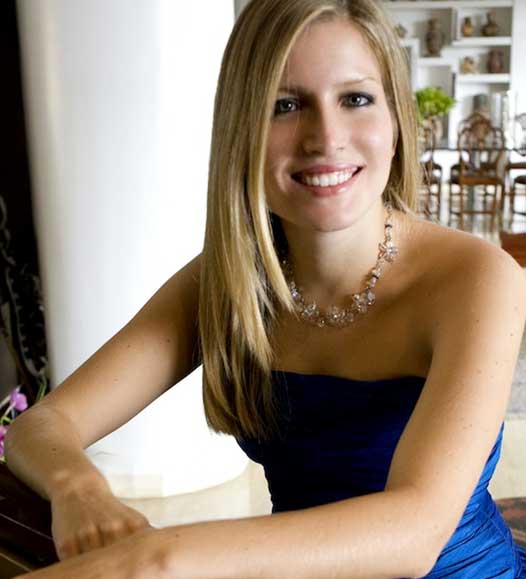
Gabriela Martinez
Piano
Versatile, daring, and insightful, Venezuelan pianist Gabriela Martinez is establishing a reputation on both the national and international stages for the lyricism of her playing, her compelling interpretations, and her elegant stage presence.
Since making her orchestral debut at age 7, Ms. Martinez has played with such distinguished orchestras as the San Francisco, Chicago, Houston, New Jersey, Tucson, West Michigan, Pacific and Fort Worth symphonies; Germany’s Stuttgarter Philharmonic, MDR Leipzig Radio Symphony Orchestra, Nurnberger Philharmonic; Canada’s Victoria Symphony Orchestra; the Costa Rica National Symphony and the Simon Bolivar Symphony Orchestra in Venezuela.
Delos recently released Ms. Martinez’s debut solo album, Amplified Soul, which features a wide-ranging program including works by Beethoven, Rachmaninoff, and Szymanowski. She also pays homage to acclaimed composers Mason Bates and Dan Visconti, whose title selection, Amplified Soul (world premiere recording), was written for her. Ms. Martinez collaborated with Grammy Award-winning producer David Frost on the recording. A music video of Amplified Soul can be found on Ms. Martinez’s YouTube Channel
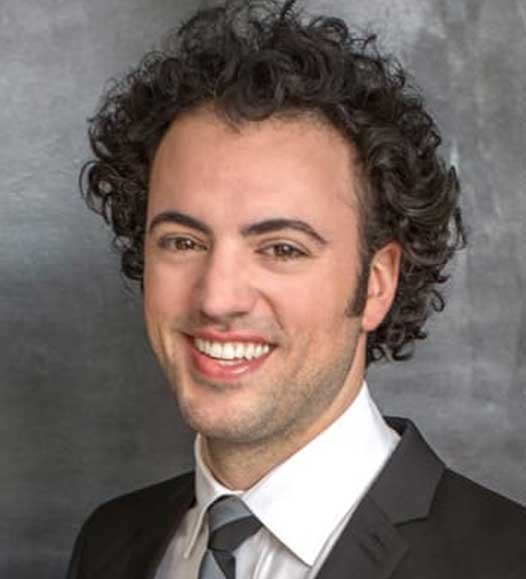
Eric Jacobsen
Conductor
Hailed by the New York Times as “an interpretive dynamo,” conductor and cellist Eric Jacobsen has built a reputation for engaging audiences with innovative and collaborative programming. He is the newly-named Music Director of the Virginia Symphony, becoming the 12th music director in the orchestra’s 100-year history.
Jacobsen is Artistic Director and conductor of The Knights, and serves as the Music Director for the Orlando Philharmonic Orchestra. Jacobsen founded the adventurous orchestra The Knights with his brother, violinist Colin Jacobsen, to foster the intimacy and camaraderie of chamber music on the orchestral stage. Eric splits his time between New York and Orlando with his wife, singer-songwriter Aoife O’Donovan, and their daughter. Want to know more?
The Creators and Music
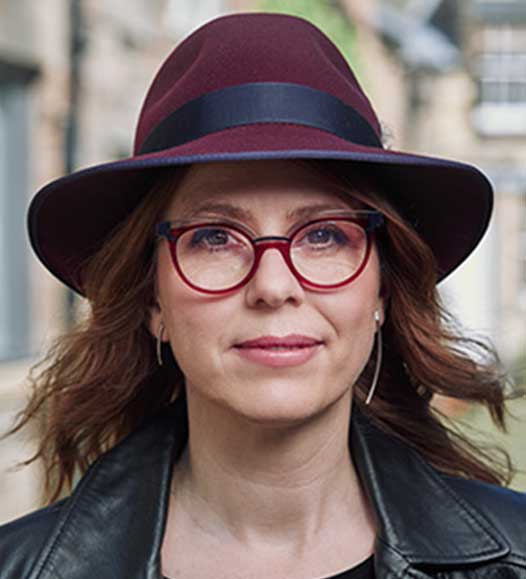
Anna Clyne
(1980-)
Described as a “composer of uncommon gifts and unusual methods” in a New York Times profile and as “fearless” by NPR, GRAMMY-nominated Anna Clyne is one of the most in-demand composers today, working with orchestras, choreographers, filmmakers, and visual artists around the world.
Anna Clyne’s “Masquerade has both a sweeping, film-score sound as well as a more antique country-dance section. It’s taut and energetic, a wild ride with a pitch-bending technique that sometimes leaves you roller-coaster queasy.” —Philadelphia Inquire
Masquerade
Masquerade is composed in a single movement and has a duration of roughly 5 minutes. The piece is inspired by 18th-century promenade concerts held in London‘s pleasure garden. Clyne wrote of this inspiration in the score program notes:
“As is true today, these concerts were a place where people from all walks of life mingled to enjoy a wide array of music. Other forms of entertainment ranged from the sedate to the salacious with acrobatics, exotic street entertainers, dancers, fireworks, and masquerades. I am fascinated by the historic and sociological courtship between music and dance. Combined with costumes, masked guises and elaborate settings, masquerades created an exciting, yet controlled, sense of occasion and celebration. It is this that I wish to evoke in Masquerade. The music quotes the melody from the traditional English drinking song “The Juice of the Barley.”
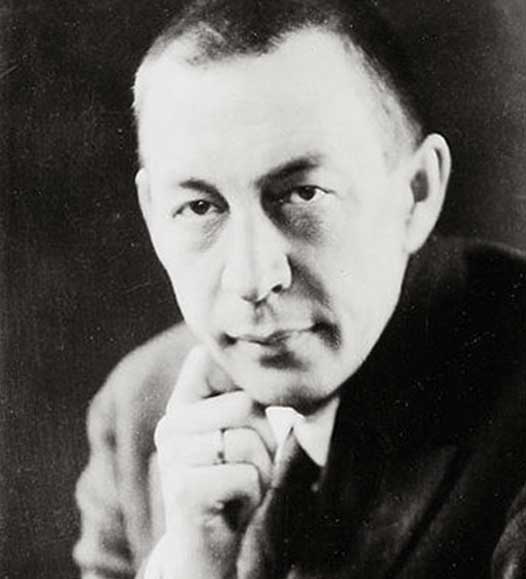
Sergei Rachmaninov
(1873-1943)
Late, great, Russian Romantic composer. Equally famous as a pianist; many of his best compositions are for that instrument.
1873-85: Born into a noble family with many good musicians in it, Rachmaninov grows up on one of his family estates at Oneg.
1885-92: Rachmaninov is sent to the Moscow Conservatory to study with the disciplinarian Nikolai Zverev. While living with Zverev’s other students in the teacher’s own apartment, Rachmaninov not only improves his musicianship, he also samples Moscow’s cultural life and meets musicians. In particular, Tchaikovsky becomes a major influence and helps get him into the advanced counterpoint class.
In 1891, Rachmaninov takes his examinations a year early, graduating with high honors. That summer, at the Satins’ summer estate in Ivanovka (southeast of Moscow), Rachmaninov finishes his First Piano Concerto. A year later (1892), he wins the Conservatory’s Gold Medal in composition with his one-act opera Aleko.
Rachmaninov was undoubtedly one of the greatest 20th-century pianists, and his recorded legacy is now available, remastered in digital audio. His fame as a performer may have, unintentionally, caused the neglect of some of his compositions.
Concerto No. 2
Composed between 1900 and 1901, Rachmaninov’s Piano Concerto No. 2 is often described as the greatest piano concerto ever written.
After the disastrous premiere of Rachmaninov’s Symphony No. 1 in 1897, the composer fell into a deep depression and suffered severe writer’s block. Luckily, the composition of his Piano Concerto No. 2 marked his full recovery, and it’s a good job he took his time over it: every memorable phrase, swelling cello line, and weighty piano chord is beautifully placed to create a musical masterpiece. Glorious melody after glorious melody flows from the keyboard; the dialogue between orchestra and soloist is divine; and Rachmaninov undoubtedly had a hit on his hands.
The music is both virtuosic and lyrical all at once, with the piano and orchestra taking it in turns to caress the heavy Russian melody. With the bell-like chords in the opening movement, the serenity of the arpeggios in the second, and the confident drive of the third, it’s easy to presume this piece was the work of an assured, confident composer, whereas the truth was very different.
If, when listening to the sublime second movement, you think you might have heard the tune somewhere else before, take a listen to the power ballad ‘All By Myself’. The song was based on Rachmaninov’s melody.
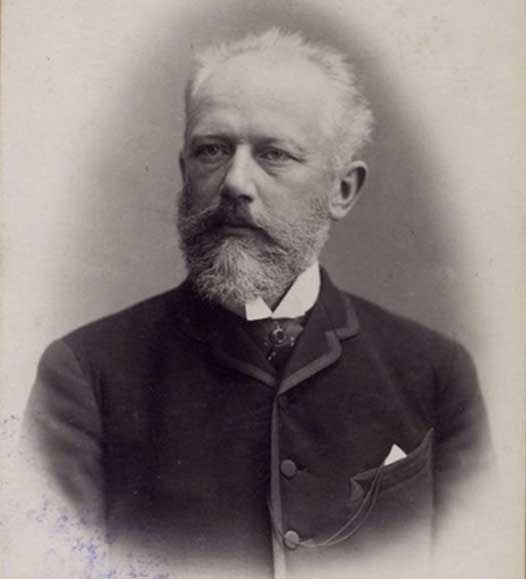
Pyotr Ilyich Tchaikovsky
Pyotr Ilyich Tchaikovsky lived from 7 May 1840 till 6 November 1893 he was a Russian composer of the Romantic period. He wrote some of the most popular concert and theatrical music in the current classical repertoire, including the ballets Swan Lake and The Nutcracker, the 1812 Overture, his First Piano Concerto, Violin Concerto, the Romeo and Juliet Overture-Fantasy, several symphonies, and the opera Eugene Onegin.
Although musically precocious, Tchaikovsky was educated for a career as a civil servant as there was little opportunity for a musical career in Russia at the time and no system of public music education. When an opportunity for such an education arose, he entered the nascent Saint Petersburg Conservatory, from which he graduated in 1865. The formal Western-oriented teaching that he received there set him apart from composers of the contemporary nationalist movement embodied by the Russian composers of The Five with whom his professional relationship was mixed.
Symphony No. 1
Tchaikovsky’s Symphony No. 1 is subtitled “Winter Daydreams” and was written when he was 26 years old. There is no explanation why he subtitled the symphony. It is up to our imaginations.
Composing this symphony was not easy for him. He suffered from insomnia and anxiety attacks, but the resulting music is beautiful and full of lovely melodies and exciting moments.
It is in four movements:
- Dreams of a Winter Journey
- Land of Desolation, Land of Mists
- Scherzo
- Finale
The symphony lasts about 45 minutes total.
